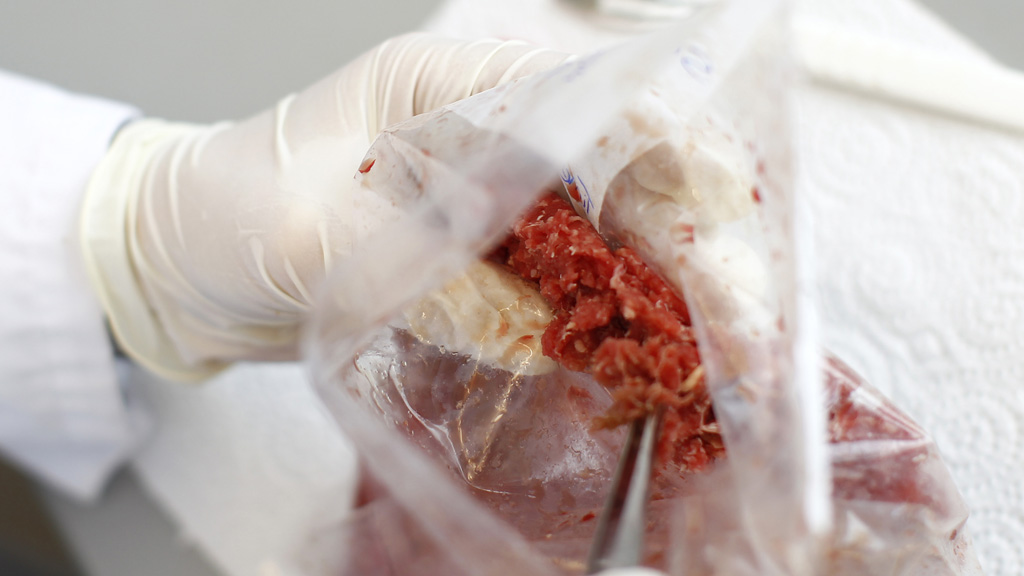Horsemeat: Nestle beef ready meals withdrawn
The world’s biggest food company, Nestle, withdraws a range of beef ready meals across Europe after tests show they contain more than 1 per cent horsemeat.

Nestle was forced to remove two chilled pasta products, Buitoni beef ravioli and beef tortellini, in Spain and Italy, along with catering packs of lasagne in France, after traces of horse DNA were discovered.
“We have informed the authorities accordingly,” the company said in a statement. “There is no food safety issue, but the mislabelling of products means they fail to meet the very high standards consumers expect from us.”
The firm has now suspended deliveries which used beef from a German subcontractor to one of its suppliers.
So far, Nestle says the supplier has no links to the British market, although has promised to update consumers as soon as it has more information.
Global action
Retailers have promised to do all they can to restore consumer confidence, not just here but around Europe. German ministers said they were planning much clearer labelling and stricter controls, with tough penalties for companies which violate the rules.
However, the fear and mistrust over what is really in the food on supermarket shelves has begun spreading beyond the continent.
Australia has now urged its citizens to boycott animal products from Britain, in an open letter to expats and tourists from an official based in Australia’s embassy.
Read more: Factcheck - Why the horsemeat crackdown could be a shambles
The message, which is due to be published in newspapers across south Australia, warns: “If you are worried about the quality and provenance of meat-based foodstuffs which you purchase in the UK, our current advice is that you should not consume them.”
The note, signed by Bill Muirhead, the agent general for South Australia, suggests people stick to Australian foodstuffs. “From fish to fowl, from field to fork, we put heart and soul – in the figurative sense – and nothing more”.
Consumers only get what they pay for and that continued price reduction will jeopardise food quality – Chris Mallon, National Beef Association
Mr Muirhead, who is also a founding director of the advertising agency M&C Saatchi, also claims that his country’s food monitoring process “is, unlike that of the UK, heavily resourced to ensure strict adherence to quality standards”.
An information point has been set up in central London where Australians can get hold of a full list of locally sourced products.
‘Bullying culture’
Producers here have criticised the big retail buyers for imposing a “bullying culture” on suppliers. Chris Mallon, director of the National Beef Association, accused them of trying to get as much food as possible for as little cost as possible. “Consumers only get what they pay for and that continued price reduction will jeopardise food quality.”
In the interests of their own long-term survival, he said, supermarkets should convince the public to spend more of their disposable income on food, to help everyone in the supply chain adequately cover their costs.
It echoes the sentiments of the chef and food writer Yotam Ottolenghi, who told Channel 4 News that meat was being sold too cheap: eating meat three times a day, he said, was unhealthy, unsustainable, and bad for the environment.
The Food Standards Agency is still carrying out tests on a wide range of beef products, and will publish the results at the end of the week.